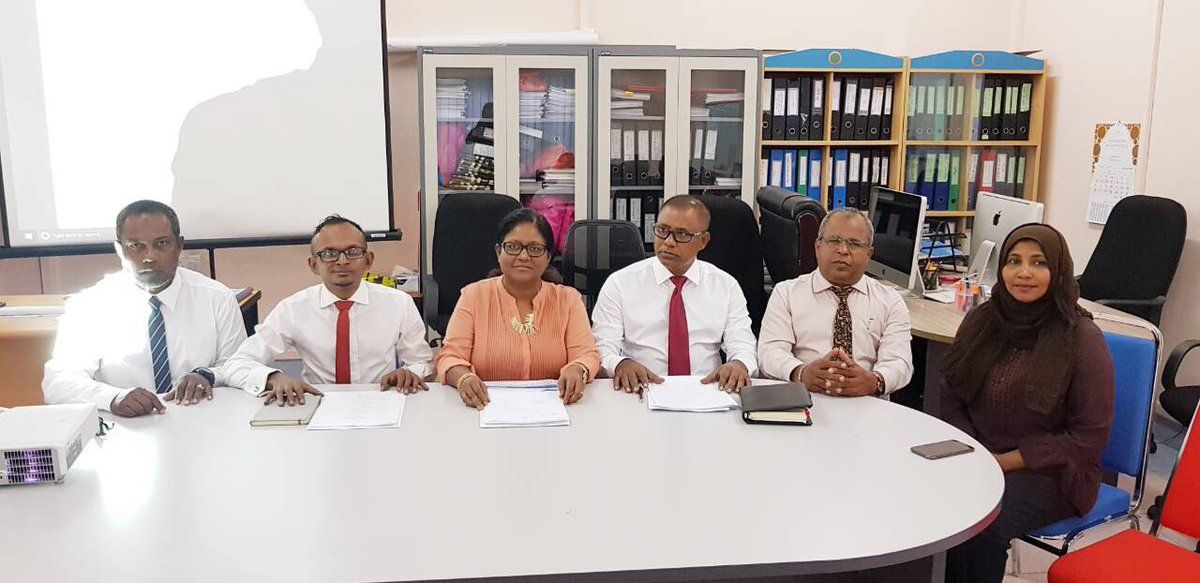Parliament approves pay hike for city councillors
The city’s council’s wider mandate was restored in December.

27 Mar 2019, 09:00
Parliament approved Wednesday a pay hike for city councillors after President Ibrahim Mohamed Solih restored powers and responsibilities stripped from city councils by his predecessor.
The mandate of city councils had been reduced in early 2015 to issuing birth and death certificates and maintaining the registry of residents after former president Abdulla Yameen transferred other municipal services to the housing ministry.
As pledged during his campaign, President Solih handed back management of public spaces, parks, mosques, and roads to the city council in December, after which parliament’s public accounts committee was asked to review the salary and allowances of councillors in light of the wider mandate.
A recommendation by the committee to hike the mayor’s monthly salary to MVR40,000 (US$2,600), the deputy mayor’s to MVR35,000 and other councillor’s to MVR30,000 was passed unanimously with 35 votes in favour.
Become a member
Get full access to our archive and personalise your experience.
Already a member?
Discussion
No comments yet. Be the first to share your thoughts!
No comments yet. Be the first to join the conversation!
Join the Conversation
Sign in to share your thoughts under an alias and take part in the discussion. Independent journalism thrives on open, respectful debate — your voice matters.




